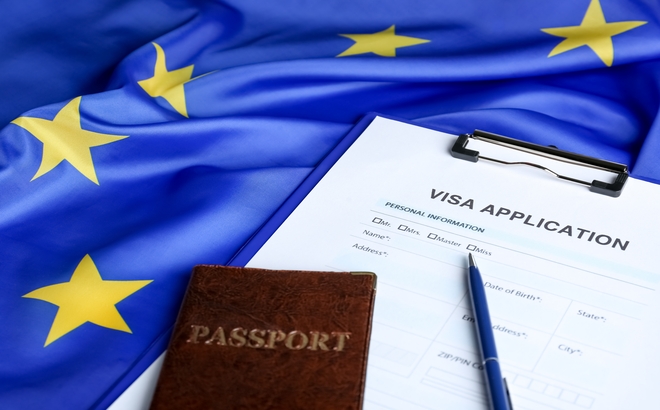What Insurance Do You Need for a Schengen Visa?

Do you need a visa to travel within the Schengen area? One of the mandatory elements for your Schengen visa application is Schengen travel insurance. Are you afraid of making a mistake? Discover here the criteria it must meet and other elements to consider for making the best choice.
Criteria for Schengen Travel Insurance
The law requires Schengen visa applicants to have "adequate and valid travel medical insurance to cover expenses that might arise from repatriation for medical reasons, urgent medical attention and/or emergency hospital treatment or death during their stay in the territory of the Member States..." Specifically, Schengen travel insurance must meet four criteria:
- It must be valid for the entire duration of the stay and in all Schengen countries (not just the countries listed in the travel itinerary).
- It must provide a minimum coverage of 30,000 euros.
- It must cover repatriation expenses.
- It must cover urgent health and hospital expenses, and costs related to a potential death.
Note: Even if you are exempt from needing a Schengen visa for a short stay in one of its member countries, you must still prove that you are covered by Schengen travel insurance. This proof may be requested by border police when entering the Schengen area.
Which Insurance to Choose for a Schengen Visa?
Are you traveling to the Schengen area? Ideally, you should choose travel insurance that meets the criteria outlined in the Schengen visa regulations, but that's not all. Schengen travel insurance can also offer additional benefits for travelers, including price, ease of subscription, quick issuance of the certificate, assurance that it will be recognized and accepted by embassies and consulates, and the quality of services provided if needed.
This is the case with Europ Assistance's Schengen travel insurance. Starting at 3 euros, it provides medical coverage up to 60,000 euros in case of illness or accident, as well as other guarantees in all member states of the Schengen area and the European Union, including the United Kingdom. During your trip, you have 24/7 access to logistics, health, and safety experts in English, French, or Spanish and can benefit from their services in case of unforeseen events.
How to Get Travel Insurance?
With Europ Assistance Schengen, it's very simple. Subscribe online and immediately get your insurance certificate recognized and accepted by Schengen embassies and consulates worldwide.
What Is the Cost of Travel Insurance?
Europ Assistance makes purchasing your Schengen travel insurance online easy. You have the choice between two unbeatable value-for-money insurance plans:
- A plan starting at 3 euros per person that exactly matches Schengen visa requirements: coverage of medical expenses up to 30,000 euros in case of illness or accident in one of the Schengen member states; coverage of expenses and organization of the repatriation of the insured person's body in case of death.
- A plan starting at 5 euros per person with additional guarantees and extended coverage: coverage of medical expenses up to 60,000 euros in case of illness or accident in one of the Schengen member states as well as in Bulgaria, Cyprus, Ireland, Romania, and the United Kingdom; coverage of expenses and organization of the repatriation of the insured person's body in case of death; coverage of expenses related to extending your stay if medically prescribed (for a maximum of 5 days); coverage of return travel costs for the accompanying person; coverage of the return travel of any person under 14 years old to their country of residence.
A Few Reminders About the Schengen Area
What is the Schengen Area?
The Schengen Area is a zone of free movement for people comprising 29 member states (25 of the 27 European Union member states and 4 associated states). Practically, there are no controls for individuals (whether from a Schengen country or not) traveling between two Schengen member countries (internal borders). The Schengen member countries, however, share a common external border and a joint visa policy for short stays (less than 90 days within a 180-day period).
Who Needs a Schengen Visa?
Depending on their nationality, some travelers must obtain a Schengen visa to travel to one or more Schengen area countries for a short stay. Use our tool below to determine if you need a Schengen visa for your trip or not.
How to Obtain a Schengen Visa?
To obtain a Schengen visa, visit the website of the consulate of the Schengen member country you wish to visit to get the necessary information to start your Schengen visa application from your country of residence. Note: if you wish to visit several Schengen countries, you must specify this in your application.
Once you have obtained your Schengen visa, be sure to keep the documents that make up your file, including your Schengen travel insurance certificate. Indeed, they may be requested by border police upon entering the Schengen area.
Tweet
